Fall Allergies and Acupuncture - A Natural Relief for My Weston Patient.
Photo by Ivan from Pexels
As the leaves change colors and the air turns crisp, many people eagerly anticipate the beauty of fall. However, for those who suffer from fall allergies, this season can bring an entirely different experience. Common allergens like ragweed pollen, mold spores, and dust mites can trigger symptoms such as sneezing, congestion, itchy eyes, and fatigue. While antihistamines and other medications are commonly used to manage these symptoms, an alternative approach is acupuncture and many patients find it gives them relief. Here’s one person’s experience.
One of my patients from Weston, CT came to me in the Spring with terrible allergies. It was right in the middle of the season. While we were able to relieve her symptoms, they didn’t last after one session, so I had her book ahead for Fall allergy season. Knowing she has terrible ragweed allergies, I had her start with treatments in August and so far so good. She is not having ANY symptoms, which would normally be terrible this time of year.
HOW DOES ACUPUNCTURE WORK FOR FALL ALLERGIES?
1. IMMUNE SYSTEM REGULATION:
Acupuncture is believed to regulate the immune system, making it less reactive to allergens. By stimulating specific acupuncture points, the body's natural defenses can be strengthened, reducing the intensity of allergic reactions.
2. INFLAMMATION REDUCTION:
Fall allergies often trigger inflammation in the nasal passages and airways, leading to discomfort and congestion. Acupuncture may help reduce this inflammation, providing relief from these symptoms.
3. SYMPTOM MANAGEMENT:
Acupuncture can directly address the symptoms of fall allergies, such as sneezing, itching, and congestion. It can also improve overall well-being and energy levels, helping individuals better cope with allergy-related fatigue.
4. STRESS REDUCTION:
Stress can exacerbate allergy symptoms. Acupuncture sessions are known for their relaxing effects, which can reduce stress and potentially minimize the severity of allergic reactions.
Acupuncture can give immediate relief, and/or be cumulative. Getting ahead start on Fall allergy season is recommended.
TREATMENT PLAN:
Based on your consultation, we will create a personalized treatment plan, determining which areas to target and get you on a good diet to reduce the airborne allergies. A holistic approach is always best.
We now offer packages for multiple sessions, which give you a significant discount.
ACUPUNCTURE NEEDLES:
Sterile, hair-thin needles will be inserted into specific points on your body. Most people report little to no pain during the procedure.
RELAXATION:
You'll typically lie down in a quiet and calming environment for about 20-30 minutes while the acupuncture needles remain in place. Many patients find this period extremely relaxing.
FOLLOW-UP:
Depending on the severity of your allergies and your acupuncturist's recommendation, you may need multiple sessions over several weeks to experience the full benefits.
While more research is needed to fully understand the mechanisms behind acupuncture's effectiveness in treating fall allergies, many individuals have reported relief from their symptoms through this holistic approach. If you're seeking natural alternatives to traditional allergy medications or looking to complement your existing treatment, acupuncture may be worth exploring. Remember to consult with a licensed acupuncturist and discuss your allergy management options to make an informed decision about your health and well-being during the fall allergy season.

